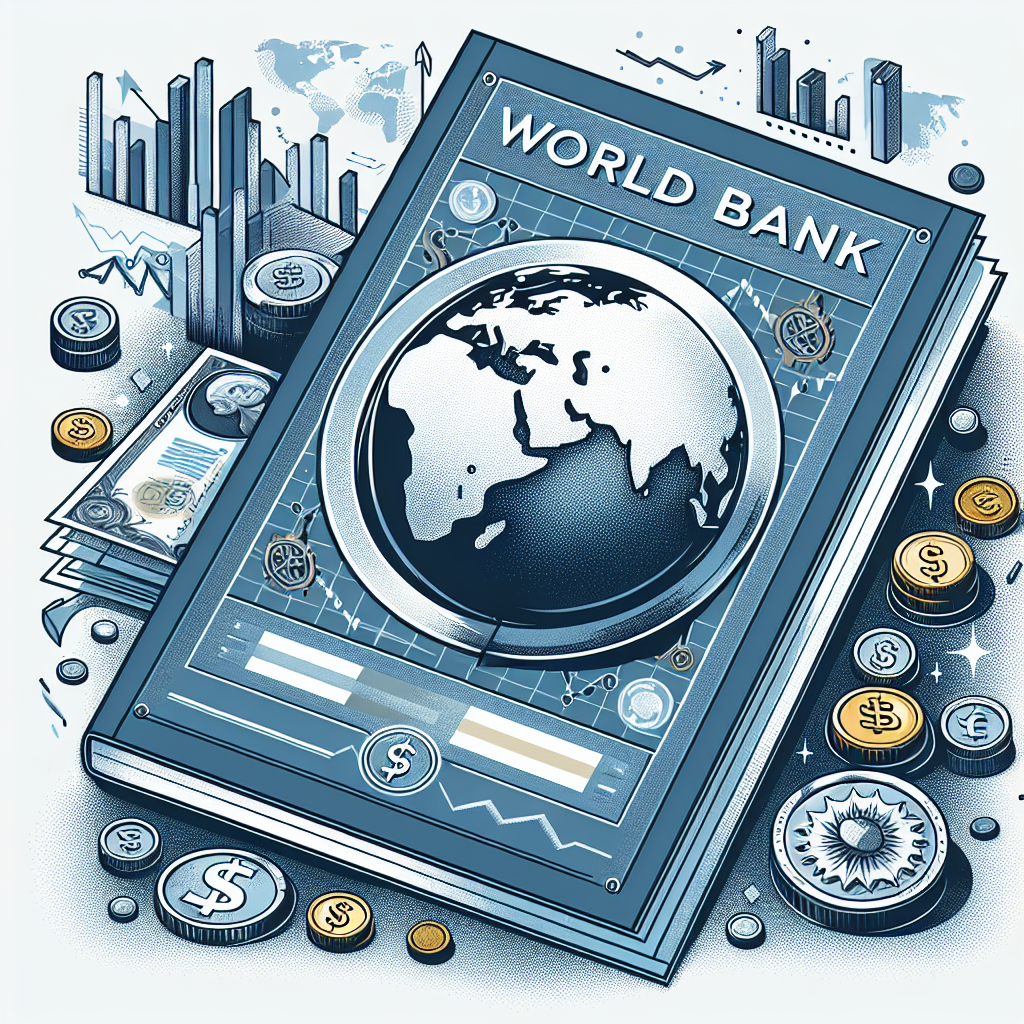A new report from the World Bank Group underscores the profound economic and social benefits of climate action for Senegal as the nation advances its Vision 2050 development agenda. The "Climate Change and Development Report" (CCDR) for Senegal warns of severe economic consequences if the country fails to address climate change, projecting that climate inaction could reduce Senegal’s GDP by 9.4% by 2050. On the other hand, investing in climate action can drive economic growth, particularly benefitting the most vulnerable populations. The required investment for climate action is estimated at $1.36 billion annually until 2030, followed by $530 million per year through 2050.
The report highlights that immediate adaptation could boost Senegal’s GDP by at least 2% by 2030 while reducing climate-related poverty by up to 40%. "Climate action is more than a response to environmental challenges; it’s an investment in Senegal’s prosperity and resilience," said Keiko Miwa, World Bank Country Director for Senegal. She emphasized that these initiatives would not only support long-term growth but would also align with Senegal's Vision 2050 by enhancing human capital and safeguarding ecosystems.
Key priorities outlined in the report to achieve climate and development goals include:
Expanding Renewable Energy and Sustainable Transport: Leveraging renewable energy sources and sustainable transport, such as Dakar’s new electric Bus Rapid Transit (BRT) system, can reduce air pollution, lower electricity costs, and create employment opportunities. By expanding sustainable urban mobility, Senegal could further boost productivity in densely populated areas.
Enhancing Coastal and Natural Resource Management: With over half of Senegal’s population and two-thirds of its GDP concentrated in climate-vulnerable coastal zones, investing in coastal resilience and sustainable resource management is crucial. These measures can protect communities, support sustainable economic activities, and mitigate climate risks to the nation's most vulnerable regions.
Advancing Climate-Smart Agriculture: As climate impacts grow, climate-smart agricultural practices will be key to sustaining food security and protecting biodiversity. Implementing these practices could increase crop yields by 20% and farmers' incomes by 26%, driving resilience in the agriculture sector and supporting rural livelihoods.
Strengthening Disaster Preparedness and Risk Management: Investment in early warning systems, disaster risk financing, and coordinated planning can reduce the economic toll of extreme weather events, while equipping women and young people with adaptive skills and social safety nets to enhance resilience and reduce income disparities.
Empowering the Private Sector: To meet Senegal's climate investment needs, at least 40% of funding must come from the private sector. The report recommends strategies to encourage private sector participation, such as aligning carbon pricing, strengthening the financial sector, and introducing innovative financial products like sustainability-linked bonds and loans.
Olivier Buyoya, IFC Regional Director for West Africa, stressed the private sector’s crucial role in driving climate resilience. "Providing regulatory and financial support for climate adaptation can enable businesses to incorporate resilience measures and adopt sustainable practices," he said. Additional support, including low-interest loans, tax breaks, and credit guarantees, could help companies invest in climate-resilient infrastructure and foster sustainable growth.
The report’s recommendations point to strategic investments and policy reforms needed to mobilize resources and create a robust framework for climate action. Leveraging diverse financing sources and engaging the private sector are essential steps to achieve Senegal's Vision 2050 goals for a sustainable, resilient, and prosperous future.











